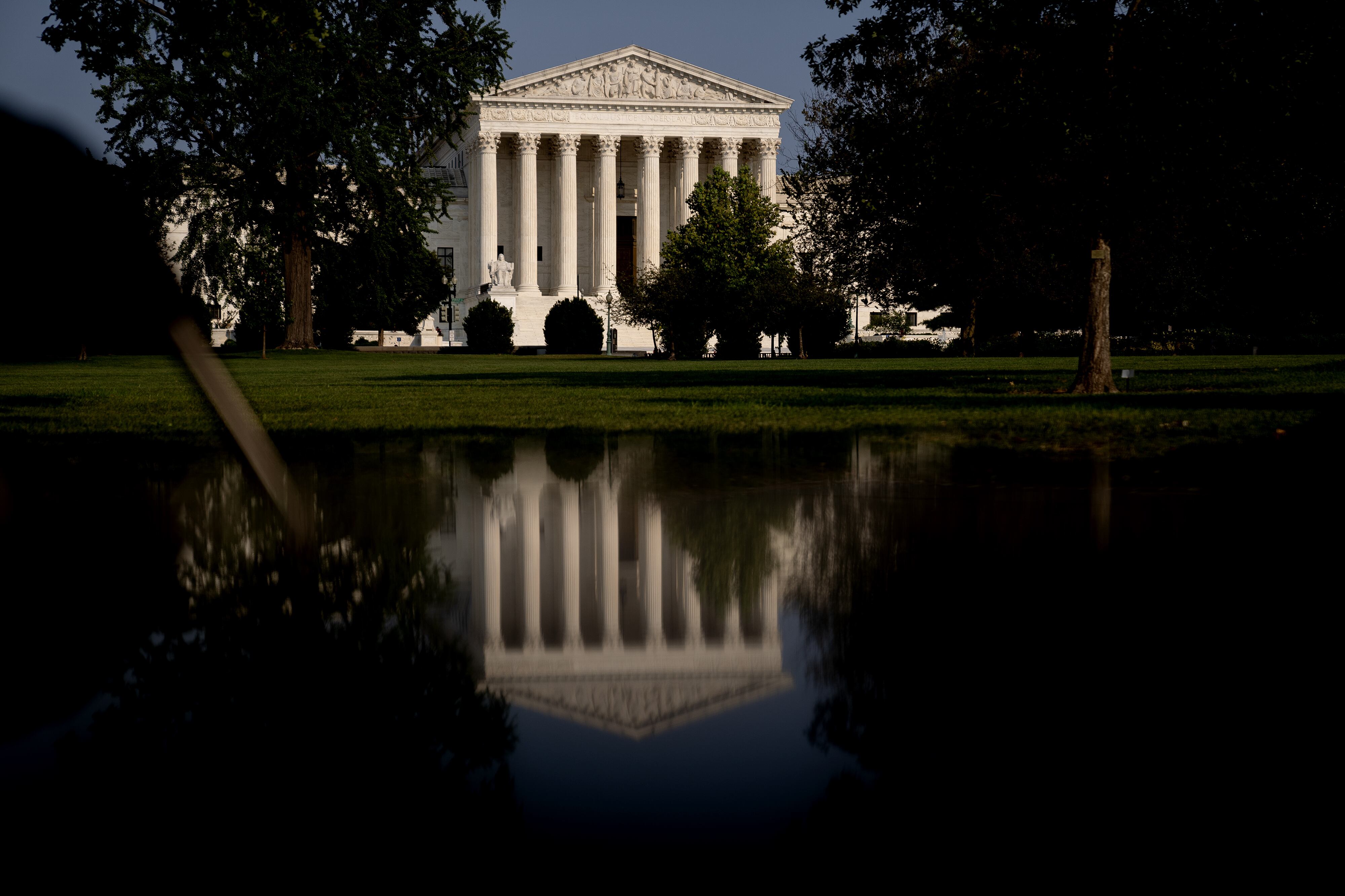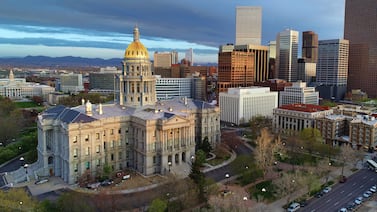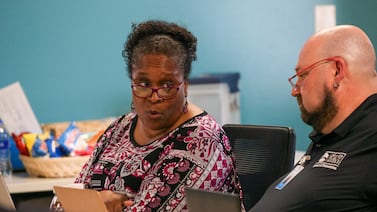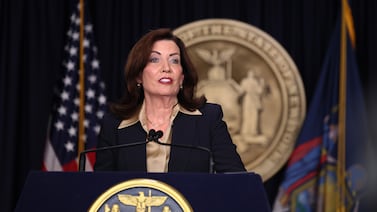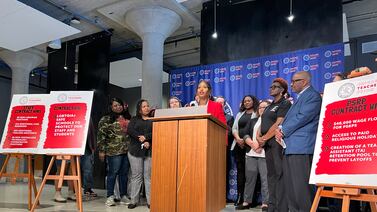The Supreme Court has made it a bit easier for K-12 religious schools to access public dollars, the latest in a string of cases to do so.
Tuesday’s ruling, by the court’s 6-3 conservative majority, declares that states can’t limit religious schools from accessing public funding just because they are religious.
Maine’s voucher program “operates to identify and exclude otherwise eligible schools on the basis of their religious exercise,” wrote Chief Justice John Roberts in the majority opinion in Carson v. Makin. And that violates the First Amendment guarantee of freedom of religion, he said.
But the decision won’t turn on a money spigot for religious private schools. Maine will have to allow those schools into its small voucher program, but the ruling does not require states to offer funding to religious schools if they don’t already fund private schools.
The decision effectively ends one chapter of litigation, appearing to close the last possible door for states to exclude religious schools from private school aid programs. And it could mark the beginning of a new series of lawsuits, including about whether charter schools can be religious and whether states can exclude private schools of all kinds from government aid.
Backed by a conservative law firm, the latest suit was brought by two families who were eligible for Maine’s small voucher program that pays private or public school tuition for students who are located in rural parts of the state.
One of the families paid for tuition at a religious school with their own money, but would have liked to use a voucher. Another family used a voucher to send their child to a secular private school, but would have preferred a religious school. By state law, religious private schools are ineligible to receive funding from the voucher program.
“The State pays tuition for certain students at private schools — so long as the schools are not religious,” wrote Roberts. “That is discrimination against religion.”
The court’s three liberal judges disagreed. In dissent, Justice Stephen Breyer argued that Maine had actually treated students eligible for a voucher the same as all the other students in the state — eligible for a publicly funded secular education, but not a publicly funded religious education.
“Maine has promised all children within the State the right to receive a free public education,” Breyer wrote. “In fulfilling this promise, Maine endeavors to provide children the religiously neutral education required in public school systems.”
The court’s liberal justices also raised concerns about discrimination in private schools. They pointed out that the schools that the plaintiffs’ children attend or would like to attend have policies that bar gay teachers and students.
“While purporting to protect against discrimination of one kind, the Court requires Maine to fund what many of its citizens believe to be discrimination of other kinds,” wrote Justice Sonia Sotomayor in another dissent.
It’s not clear whether the ruling would clear the way for these particular schools to participate in the state’s voucher program, since Maine law generally bars discrimination based on sexual orientation. That itself could be subject to further litigation.
Tuesday’s decision was widely expected and follows similar cases in 2017 and 2020.
This case won’t have much immediate impact beyond Maine, though.
That’s because nearly all private school choice programs already allow religious schools to participate. Maine, as well as Vermont, which has a comparable program, are exceptions. (Vermont lost a similar lawsuit recently, and the state legislature has been wrestling with how exactly to include religious schools.)
Critically, the decision does not require states to offer public funds to private schools. In his majority opinion, Roberts reiterated something he wrote in the 2020 case: “A State need not subsidize private education. But once a State decides to do so, it cannot disqualify some private schools solely because they are religious.”
This is a blow to private school advocates in Michigan, including former Education Secretary Betsy DeVos who is backing an effort to create a tax-credit funded voucher program there. The state’s constitution bars aid to private schools, religious and non-religious alike, and that appears to be permissible under today’s decision.
Still, Michigan school choice advocates have filed their own federal lawsuit arguing that the barring aid to private schools is unconstitutional. They may draw on aspects of the latest Supreme Court decision to bolster their case.
Meanwhile, there may also be an opening for religious charter schools, a possibility noted in Breyer’s dissent. Presently, charter schools across the country must be secular in their operation and instruction. This decision doesn’t change that, but some legal scholars say in future cases, the same logic could be applied to charter schools.
Might prohibiting religious charter schools amount to an illegal form of discrimination under the Constitution? The Supreme Court may eventually have to answer that question.
“Charter schools are the next frontier,” Preston Green, an education law professor at the University of Connecticut, previously told Chalkbeat.
Matt Barnum is a national reporter covering education policy, politics, and research. Contact him at mbarnum@chalkbeat.org.

